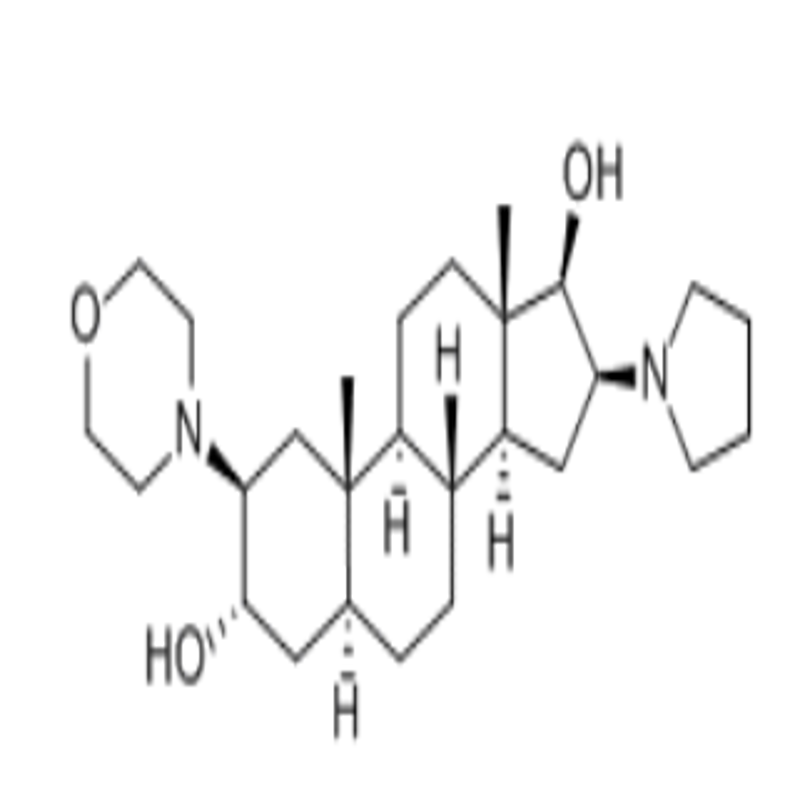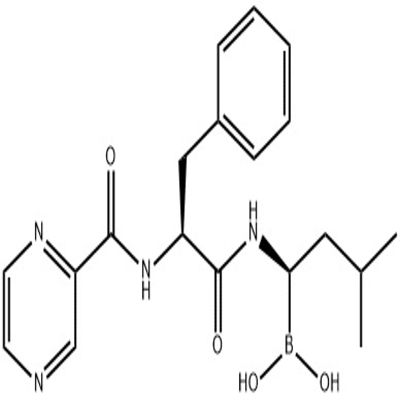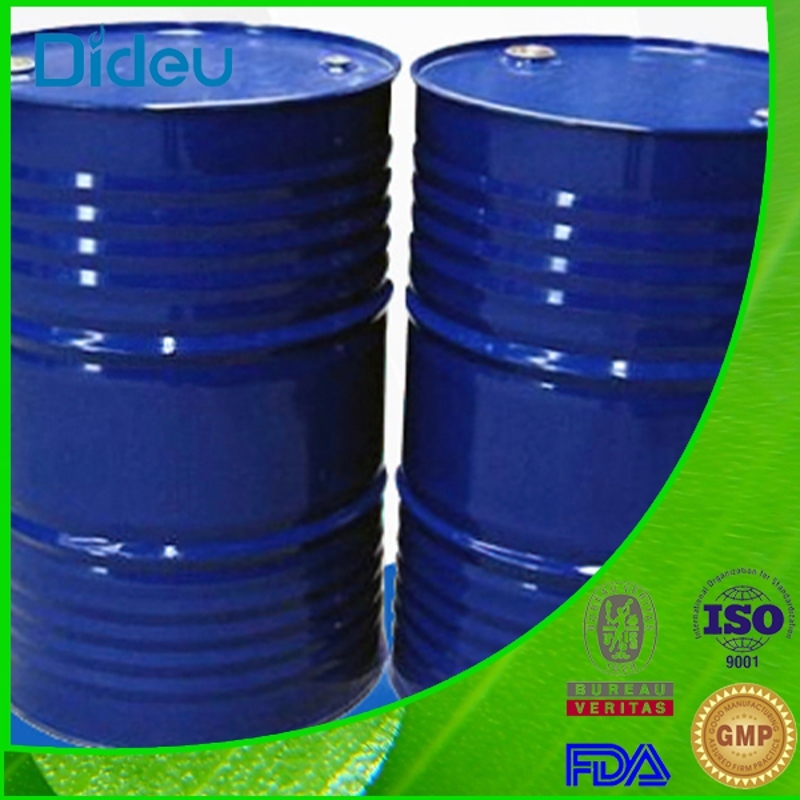-
Categories
-
Pharmaceutical Intermediates
-
Active Pharmaceutical Ingredients
-
Food Additives
- Industrial Coatings
- Agrochemicals
- Dyes and Pigments
- Surfactant
- Flavors and Fragrances
- Chemical Reagents
- Catalyst and Auxiliary
- Natural Products
- Inorganic Chemistry
-
Organic Chemistry
-
Biochemical Engineering
- Analytical Chemistry
-
Cosmetic Ingredient
- Water Treatment Chemical
-
Pharmaceutical Intermediates
Promotion
ECHEMI Mall
Wholesale
Weekly Price
Exhibition
News
-
Trade Service
At present, artificial intelligence is being widely used in the medical field, among which in the pharmaceutical field, because artificial intelligence can solve the research and development of innovative drugs more efficiently, it is attracting the attention
of capital and pharmaceutical companies.
According to incomplete statistics, as of Q3 2022, there were about 600 AI drug discovery companies in the world, a year-on-year increase of 21.
6% (Q3,470 in 2021).
In addition, data shows that from 2014 to 2018, the amount of investment in the global AI pharmaceutical field has also increased by 15 times
.
Under the "heat" of domestic AI pharmaceutical, opportunities and challenges coexist! (Image source: Pharmaceutical Network) The domestic AI pharmaceutical industry has developed rapidly, and the results have begun to show At present, the domestic AI pharmaceutical industry is also developing rapidly
.
At present, there are nearly 80 AI pharmaceutical-related companies, including Insilico, AccutarBio, Unknownjun, XtalPi, Xingyao Technology, Wangshi Wisdom, Puri Benchmark, Xunbaihui Biotechnology, and
Walsa Technology 。 It is understood that in 2021, more than 20 domestic AI pharmaceutical companies have also obtained nearly 10 billion yuan in financing, including Unknown Jun completed nearly 100 million US dollars in Series B financing, Insilico completed 255 million US dollars in Series C financing, and XtalPi announced the completion of 400 million US dollars in Series D financing.
.
.
With the continuous rise of domestic AI pharmaceutical companies, it can be found that more and more pharmaceutical companies are also cooperating with AI companies to accelerate the research and development of innovative drugs
.
For example, on November 12, Insilico announced that it had reached a drug research and development cooperation
with the multinational pharmaceutical company Sanofi.
Under the agreement, Sanofi will be required to pay Insilico an aggregate upfront payment and target discovery costs of up to US$21.
5 million, additional R&D and commercial milestone payments, with a total potential value of up to US$1.
2 billion.
It is worth mentioning that as early as January this year, Insilico also announced a cooperation agreement with Fosun Pharma to jointly promote the research and development
of AI drugs in multiple targets on a global scale.
Under the agreement, Insilico will receive a down payment of $13 million, a milestone payment, and share in the commercialization profits
of the QPCTL project.
In addition, Fosun Pharma will provide equity investment
to Insilico.
On July 23, Yunnan Baiyao announced that it signed the "Comprehensive Cooperation Agreement on AI Drug R&D" with Huawei Technologies to explore the mechanism of joint scientific research and innovation, carry out extensive exchanges and cooperation in the fields of AI and drug research and development, and expand the breadth and depth
of cooperation between the two sides.
Including but not limited to large and small molecule design, related diseases, database development, etc
.
According to the current development trend of the domestic AI pharmaceutical industry, the industry conservatively estimates that the domestic AI pharmaceutical market will reach 204 billion yuan
.
At the same time, innovative drugs discovered by AI are also expected to accelerate to the clinic
.
It is understood that in fact, with the help of AI, many companies have ushered in new breakthroughs in the research and development of new drugs
.
For example, the world's first new drug candidate ISM001-055, discovered and designed by Insilico through an artificial intelligence platform, has entered phase I clinical trials in China, and the first batch of healthy subjects was dosed
in July.
Under the "heat" of AI pharmaceuticals, there are still many challenges It is worth noting that although there are many players in the current layout, most of the company's AI drugs are currently in the clinical phase I stage, and it is unknown whether these drugs can be completed on the market in the future
.
Therefore, the industry believes that the development of AI pharmaceuticals still has a long
way to go.
Among them, for example, in the clinical trial stage, it is necessary to continue to explore how to apply AI to drug adherence, predict treatment outcomes, data analysis, pathology research, disease diagnosis and other scenarios
.
It is reported that less than 1/4
of AI applications in the above scenarios.
At present, the application of AI in the field of new drug research and development is mainly concentrated in the drug discovery stage
.
In addition, the industry still lacks unified standards for supervision, and there are a series of problems
such as unclear business models, data constraints, algorithms to be improved, and technologies that need to be improved.
Therefore, while accelerating development, AI pharmaceutical companies also need to find ways to solve the above problems
as soon as possible.
Overall, the AI pharmaceutical industry faces many challenges
.
However, with the continuous development, the AI pharmaceutical industry will accelerate changes while overcoming obstacles and surviving the fittest, helping to improve the overall innovation capability
of the pharmaceutical industry.
In the next 3-5 years, a batch of innovative drugs discovered by AI is expected to go to the clinic
.
Disclaimer: Under no circumstances does the information or opinions expressed herein constitute investment advice
to anyone.







